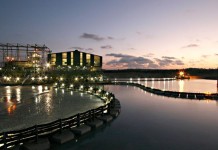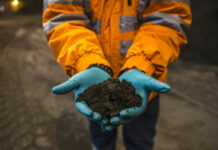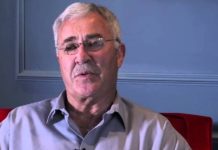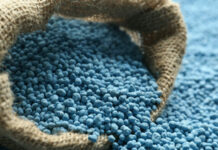
[miningmx.com] — A DEBATE on nationalising South Africa’s massive mining sector that is rattling markets is set to fade with its most outspoken proponent, ANC Youth League leader Julius Malema, facing charges from his owner party that could derail his political career.
In the past days, Malema has been hit with a disciplinary action where the ruling African National Congress could expel him from its ranks, a police probe into a possible slush fund and a public protector investigation on possible shady dealings by a construction firm linked to the youth leader.
“If Julius Malema, fades, then I don’t think we would hear as much,” said Zakhele Ndlovu, lecturer in political science at the University of KwaZulu-Natal.
“But nationalisation could stay around without him because it is one of those issues that resonate with the poor, who feel that they have not become part of the economic kingdom.”
Nationalisation, and Malema’s calls for the expropriation of white-owned farmland, will likely remain in the political debate and exploited by political opportunists, because the country’s poor see them as ways to extract riches from the land that will help them escape poverty.
Despite warnings nationalisation would bankrupt the economy and is scaring off investors, the ANC cannot escape the subject, which is backed by factions in the ruling party and will be on the official agenda when it holds a major policy setting meeting next year.
The ANC’s governing partner, labour federation Cosatu, also backs nationalisation, but strongly objects to Malema leading the charge to reshape the economy.
Critics warn calls for nationalisation have been used cynically by investors with close connections to the ANC who will plug away at political leaders for government funds to bail them out of bad investments in the mining sector.
BREAKING THE BANK
The bill for taking over all mining firms would be enormous. The market capitalisation of listed mining companies in South Africa is about $262bn, equal to about two-thirds of GDP or twice the annual national budget.
Threats to tweak laws in order to expropriate shares for a fraction of their value would run up against international investment guarantees that would almost certainly trigger severe backlashes from South Africa’s trading partners.
Senior ANC officials have been talking about the damage to the country’s reputation, where the talk of a mining takeover has undermined confidence in the sector that accounts for 6% of GDP and tarnished the country’s image as a promising emerging market investment destination.
“We know the harm this acrimonious and reckless debate about nationalisation is doing to investments, to the good image of our country,” public enterprises minister Malusi Gigaba said this month.
The ANC has to tread carefully with Malema, who enjoys enormous support among the poor who see him as a future leader and admire his lavish lifestyle that includes fancy cars and flashy parties.
If it does not punish Malema, he could come back with a fury, adding more energy to the nationalisation drive.
The ANC on Friday charged Malema with “sowing divisions” in its ranks and bringing the party into disrepute after the league took swipes at President Jacob Zuma and called for the overthrow of the democratically elected government of Botswana.
If Malema is found guilty by a disciplinary committee he could be suspended from the party because he was found guilty of a similar offence last year.
Zuma may try to keep Malema on the sidelines at least through the ANC policy meeting next year, removing a threat to power as he seeks re-election as head of the ruling party at the same gathering.
A major penalty would be a five year suspension, meaning that when Malema is reinstated, he will be too old to lead to Youth League and too young to be a power broker in the main branch of the ANC.
“I don’t think that anybody in the ANC or its members of parliament will take it (nationalisation) up,” said Amanda Gouws, a professor in the Department of Political Science at the University of Stellenbosch.









